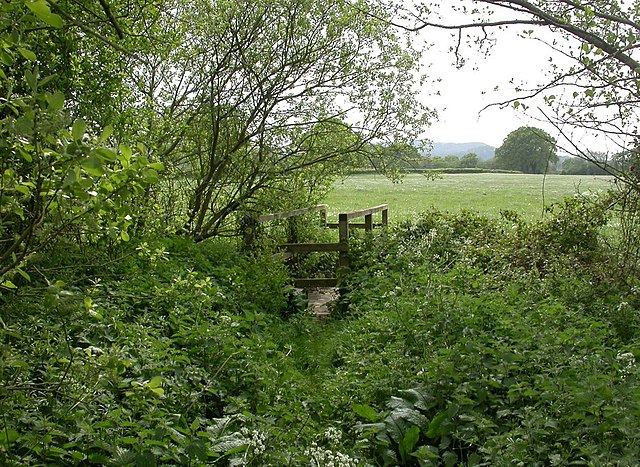Introduction
William Henry Watts was a blacksmith in High Street from around 1898 to the 1940s. He was a third-generation blacksmith, following in the footsteps of both his grandfather and father, who worked as blacksmiths at Beaminster. His great-grandfather, also named William Watts, kept the Wynyards Gap Inn in Chedington during the 1840s. His son, Bert, pursued a musical career and led his own band.
Early life
William was born at Beaminster on 12 July 1871, the first of eight children born to Thomas David Watts and his wife, Jane. Both his father and his grandfather were blacksmiths.
William, along with his two brothers, Edwin Thomas and Albert, also became blacksmiths. He served his apprenticeship with a blacksmith at Glanvilles Wootton.[1] By April 1891, he was working as a blacksmith in his father’s forge.
Early life at Hardington
In about 1898, William joined Thomas Matraves as an “improver.”[2]
In 1899, he married Grace Marsh of Hardington. He was 27 years old, and Grace was 30 at the time of their marriage.
Around the same period, he took over the blacksmith business from his employer. In March 1901, his brother, Edwin, helped him in the forge.
William and Grace had three children: Violet, born 27 October 1899; Evelyn, born around December 1902; and Bertram Leonard, born 17 July 1904. Sadly, Evelyn died from bronchitis when she was three months old.[3] Her death may have affected how Grace treated the other two children, especially as it became evident that the family would stay small.
In April 1911, William’s sister, Mary Meade, and Grace’s aunt, Harriett Rendell, were living with them.
First World War
In August 1914, William’s brother, Albert, was mobilised and sent to France with the British Expeditionary Force because he had previously served with the e army He survived the war and later ran a forge at Corscombe.
Later life at Hardington
At the estate sale on 18 October 1920, William purchased the smithy, cottage, garden, orchard and two fields for £370.
A trade directory of 1939 lists him as a blacksmith.
In April 1949, William and Grace celebrated their golden wedding anniversary with a party for about fifty people at Hardington WI hall, organised by their son and daughter. By that time, although William was retired, he still shod the occasional horse to oblige neighbouring farmers.[4] When he obtained probate for his wife’s will on 19 May 1950, he described himself as a retired master blacksmith.[5]
Grace died on 6 March 1950, at the age of 81, leaving an estate valued at £299 8s 5d, which she divided equally between their son and daughter.[6]
Following Grace’s death, William probably lived with his daughter at West Coker. He died in 1969 at the age of 97, without leaving a will.
Children
Their daughter, Violet, married Laurence Gordon Chick, a farmer, and settled at West Coker. Their son, Bertram Leonard Watts, became a piano tuner, musician and band leader.
References
[1] Western Gazette, 15 April 1949, p.3.
[2] Western Gazette, 15 April 1949, p.3.
[3] Death certificate of Evelyn Watts,
[4] Western Gazette, 15 April 1949, p.3.
[5] The will of Grace Watts, dated 21 March 1938, proved at Bristol on 6 March 1950.
[6] The will of Grace Watts, dated 21 March 1938, proved at Bristol on 6 March 1950.

